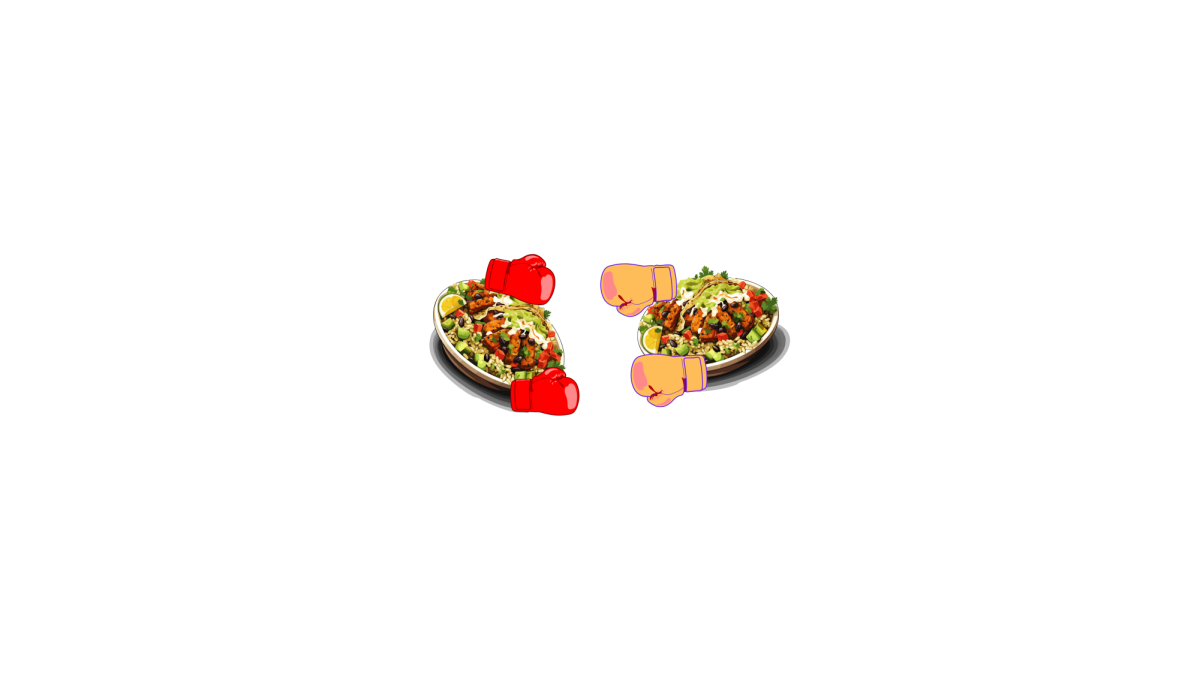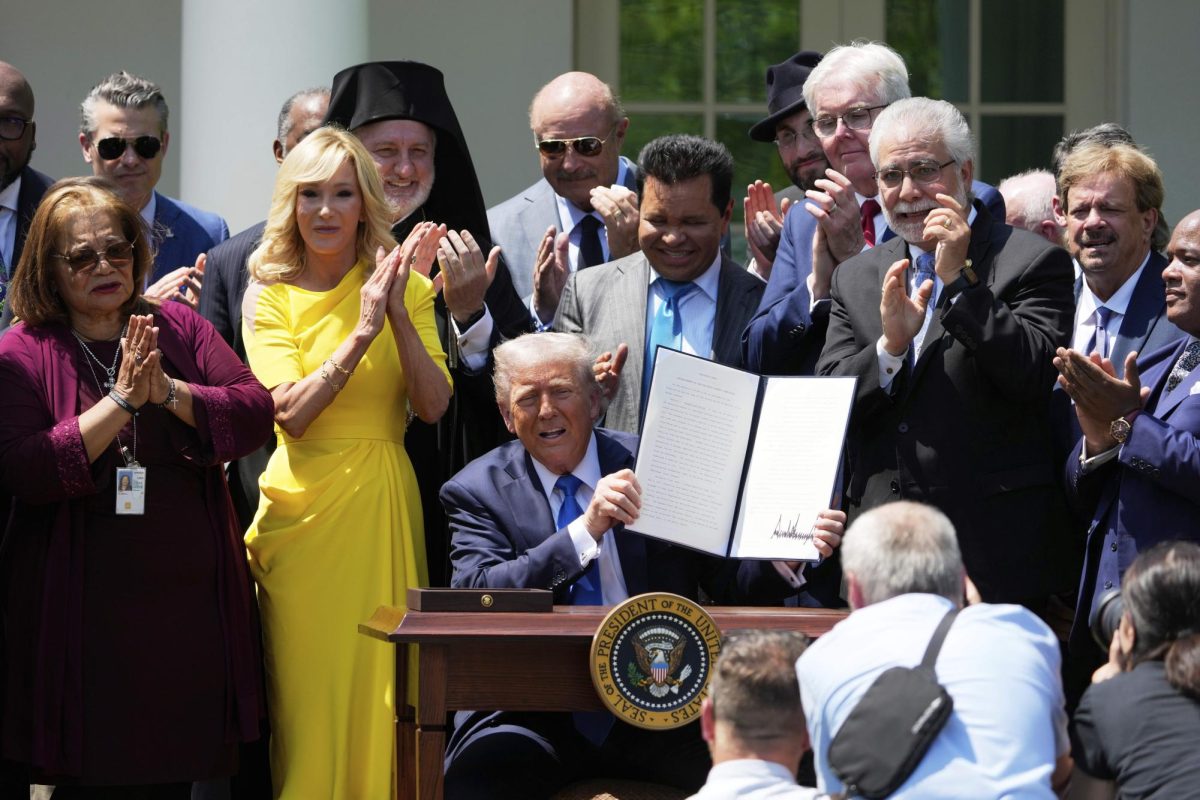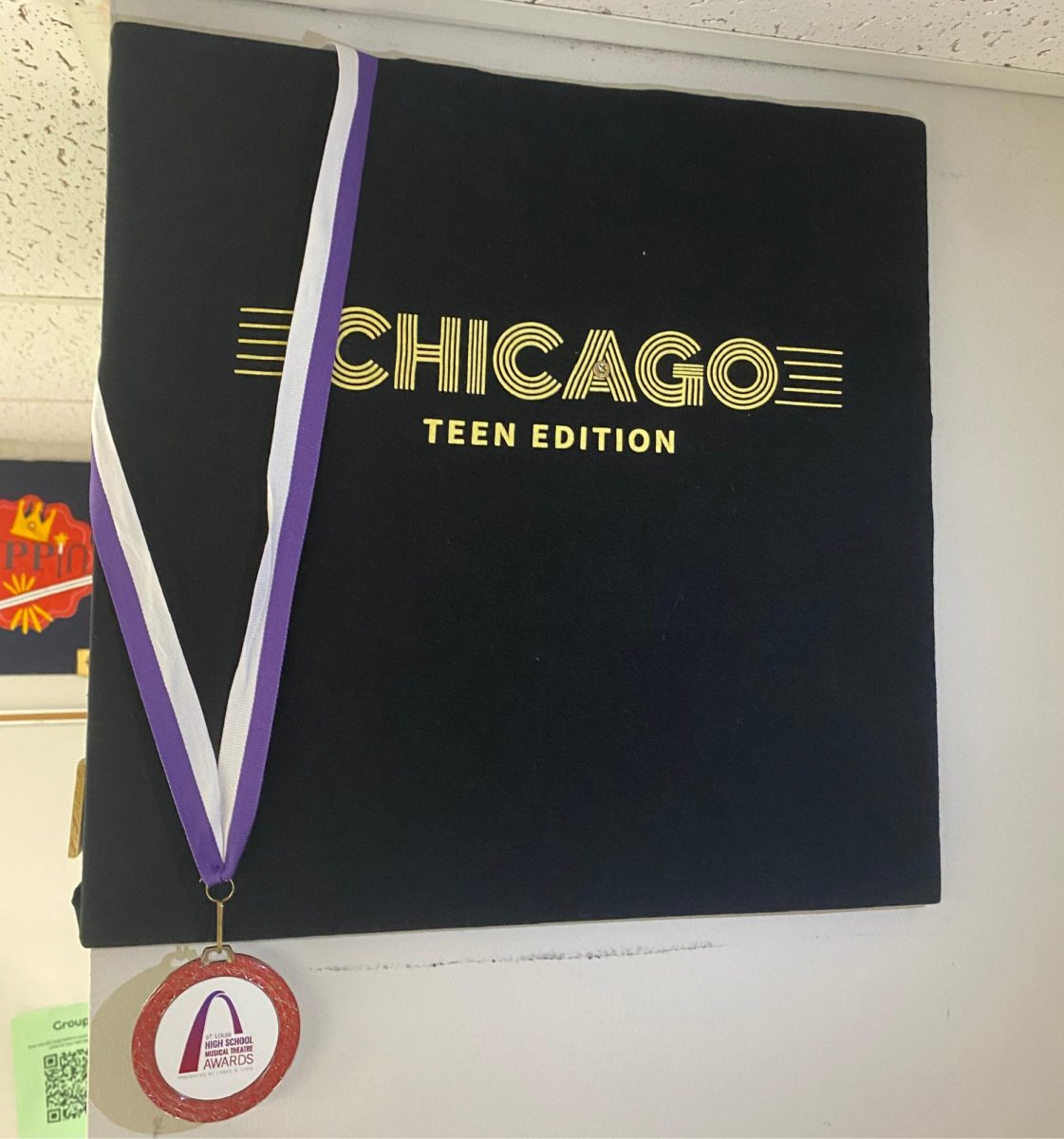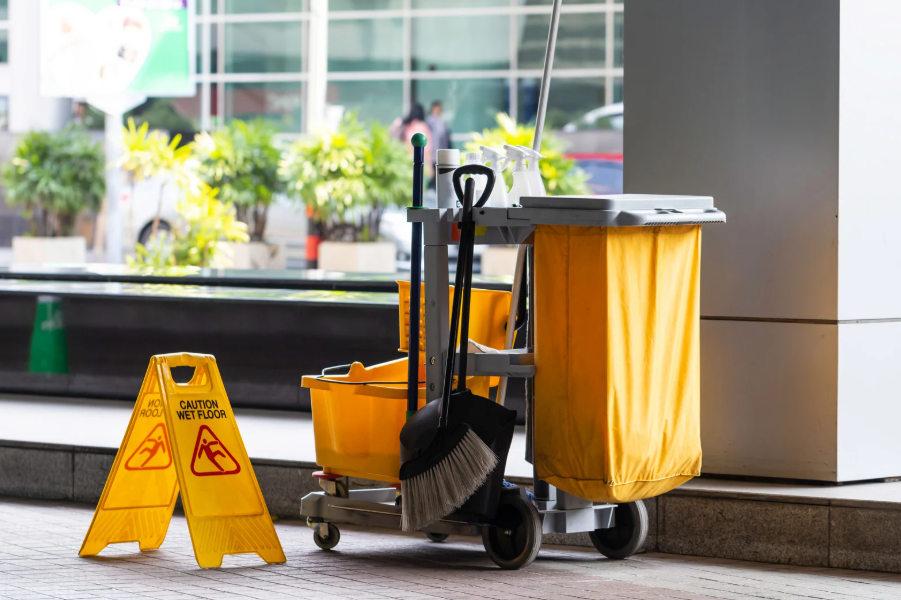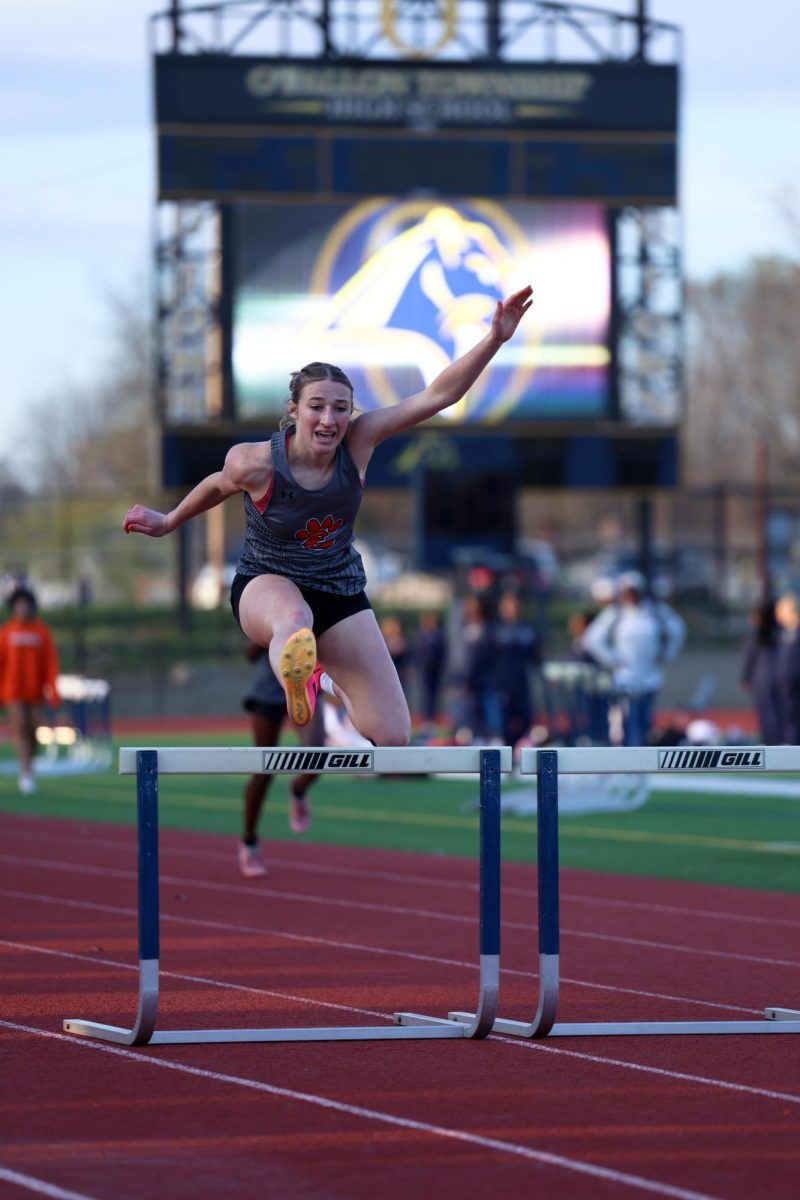Gamestop Exposes Wall Street’s Rigged
February 5, 2021
The Gamestop situation proves that Wall Street does not want the average person to win.
On Jan. 28, Robinhood and many other brokerages froze buying of Gamestop and many other stocks during its sharpest climb yet. However, they still allowed customers to sell, meaning the price could only go down.
The brokerages claim they were simply trying to protect their investors from risky trades, and these stocks were quickly becoming far more expensive than they were worth meaning the price could crash any time.
Let’s not forget that risky trading was how we got in this situation in the first place, and it was not average people.
Large hedge funds shorted Gamestop 148 percent. This means they borrowed shares of the stock and sold them, hoping to be able to close the position by buying them back at a lower price. Basically, they made money when the price of the stock fell.
They shorted Gamestop millions of times over at its all-time-low price of $4, trying to drive the company out of business. They bought 48 percent more short shares than there were actual shares in the market, meaning if this trade blew up, they would not be able to close their position.
The trade did blow up, and small investors on Reddit bought the stock so much that it raised to a high of $483.
However, CNBC wrote an article saying many of the Reddit investors buying the stock were partaking in “incredibly risky bets with money they can’t afford to lose.” To summarize, the guy in his pajamas who invested $400 dollars is taking an incredibly risky bet, while the hedge funds that lost billions were not.
Since then, the media has engaged in a total smear campaign.
The Financial Times wrote that some of the traders were “members of the alt-right,” a statement they later redacted. This is an especially interesting development given Rep. Alexandria Ocasio-Cortez publicly supported the movement on Twitter, condemning Robinhood for freezing the stock.
As it turns out, all of Robinhood’s trades go through a large company called Citadel, which coincidentally had large short positions on Gamestop. By freezing trades, Robinhood, the company named after the folklore character that stole from the rich and gave to the poor, sided with the ultra-rich.
To date, Robinhood and others have eased restrictions, now allowing users to buy a whole 100 stocks after they artificially drove the price down nearly 60 percent. This raises the question: was owning Gamestop stock less risky after brokerages drove the price down hundreds of dollars in two days? I’m not sure if the risk went down, but the reward sure did.


